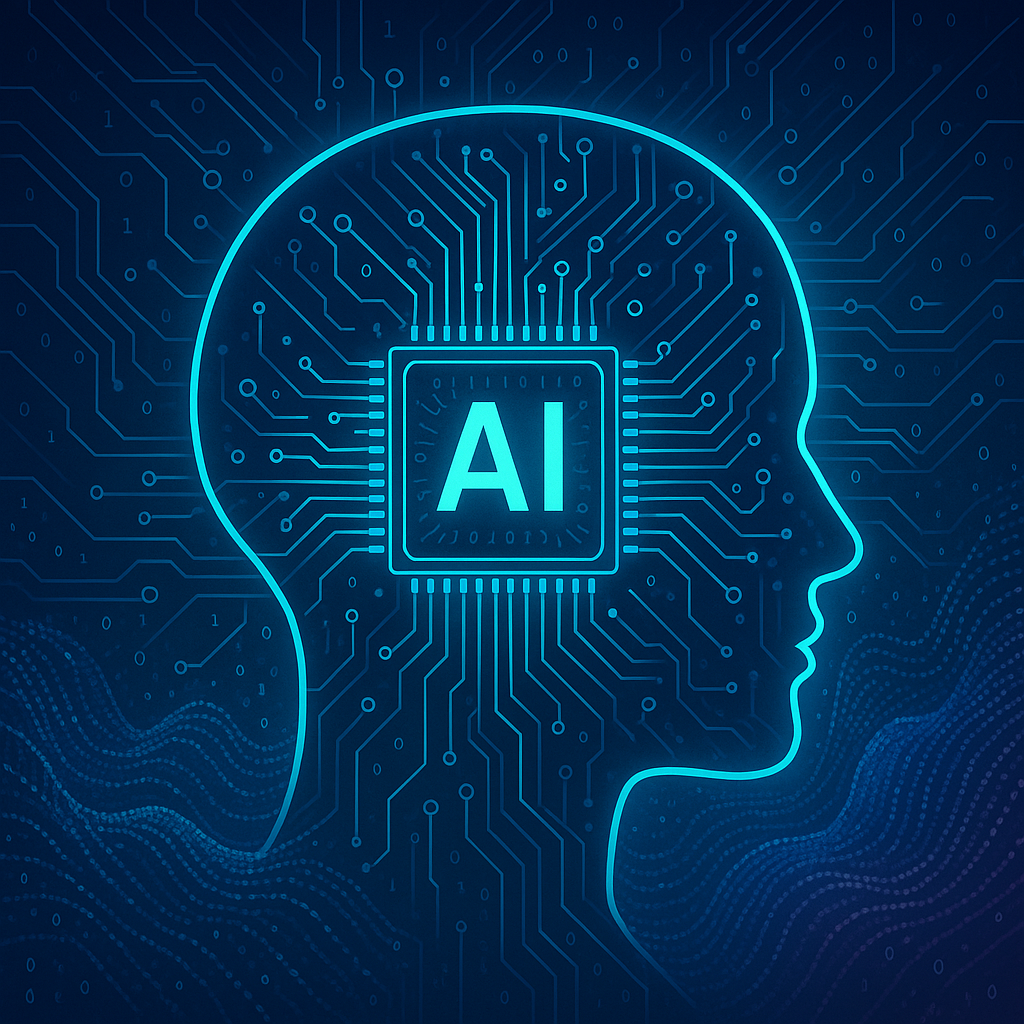Why AI is Moving Beyond the Hype ?
AI isn't just a buzzword anymore—it's an operating principle. In 2025, companies are no longer just experimenting with artificial intelligence; they’re embedding it into their business models, products, and services. According to TechTarget and Forrester, pragmatic AI deployment is the next frontier: real tools, solving real problems, in real time.
Let’s break down the top 8 AI trends defining this shift, and how you can stay ahead.
Agentic AI: Your New Smart Co-worker
Agentic AI refers to autonomous systems capable of completing tasks proactively, without needing step-by-step instruction. Think AI assistants that schedule meetings, write emails, or even run code experiments on your behalf.
📌 Example: OpenAI’s AutoGPT and Google's Project Astra are pushing toward self-directed agents.
Why it matters:
You’ll soon collaborate with AI instead of through it.
Great field for developers interested in NLP and planning algorithms.
Multimodal Models: Seeing, Hearing, and Understanding
The future is not just text-based. AI models now process text, images, audio, and even video—all at once. Tools like GPT-4o and Gemini 1.5 show how powerful context-aware multimodal interaction can be.
🧠 Quoted by OpenAI: "Multimodal reasoning will be key to AGI."
Developer tip: Start exploring Hugging Face’s CLIP or LLaVA for hands-on experience.
Enterprise-Grade AI: ROI Over Razzle
Forget proof-of-concepts. Now it’s about stable, scalable AI in production. Companies want:
Predictable cost/performance trade-offs
Customizable models
Enterprise-ready compliance (think GDPR + AI Act)
Tech Stack: LangChain, Pinecone, vector databases, private LLM hosting.
AI Regulation is Coming—Fast
In 2025, governments are starting to play catch-up. The EU AI Act, India's Digital India Act, and U.S. executive orders are all reshaping how AI tools are deployed, shared, and monetized.
⚖️ Pro Tip: Learn about AI compliance frameworks (ISO/IEC 42001).
Why you care: If you’re freelancing, hiring, or deploying AI tools—you need to stay legal.
Generative AI Beyond Text
The rise of tools like Runway ML (for video), Leonardo AI (for art), and Mubert (for music) shows that generative AI isn’t stopping at paragraphs.
Expect explosion in:
AI-powered video editing
Music composition and beat generation
Synthetic voices and dubbing for global markets
AI with Reasoning Powers
We're stepping beyond pattern recognition. Tools like OpenAI’s new models and Claude 3 demonstrate early signs of logical reasoning, planning, and math problem solving.
💡 What it means: Future AI won't just guess the next word—it will calculate outcomes.
Explore: Chain-of-Thought prompting, Toolformer, or ReAct frameworks.
Custom AI Chips: More Power, Less Energy
To support heavy ML workloads, companies are building AI-specific chips:
Google TPU v5e
NVIDIA Blackwell architecture
Apple’s Neural Engine
⚙️ Expect faster inference, lower latency, and edge device capability.
Developer move: Get familiar with deploying models on ONNX and TensorRT.
Cloud-Powered AI Workflows
Whether it’s Azure ML, AWS SageMaker, or Google Vertex AI, cloud-native AI workflows are dominating. From MLOps to deployment and scaling—everything lives on the cloud.
💻 Companies are now hiring MLOps engineers more than data scientists.
Skills in demand:
Docker, Kubernetes
CI/CD for ML
Vector databases like FAISS
Where Do You Fit In?
The good news? AI isn’t just for PhDs and FAANG engineers anymore. With open tools, free courses, and a vibrant developer community, anyone can dive in.
Want to start today?
Join Hugging Face Spaces
Build a multimodal mini app
Share your AI build on LinkedIn or Reddit
Stay relevant, stay building.

Comments
Post a Comment